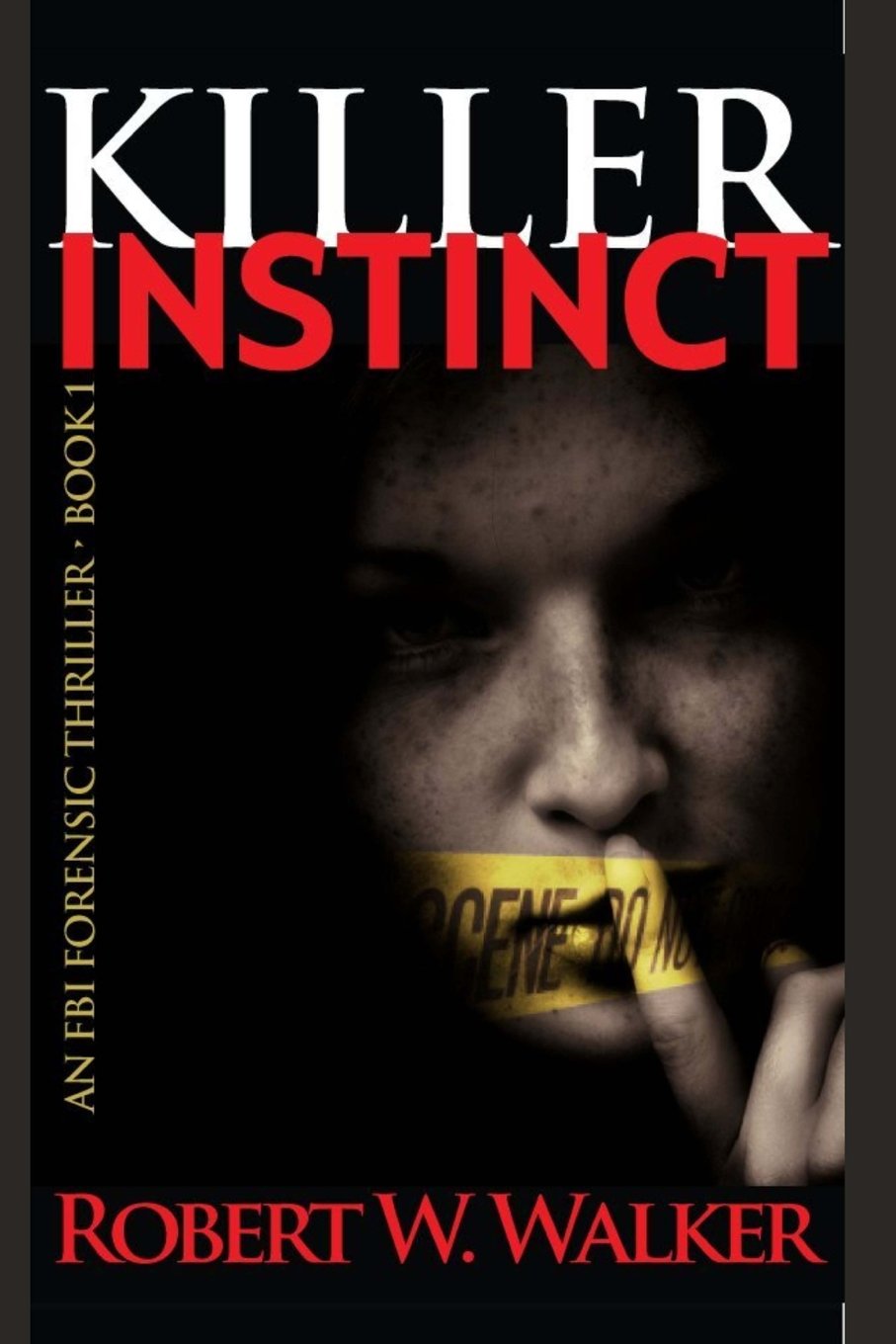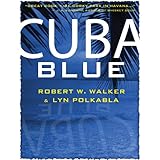MJN: Your first novel was a sequel to Huckleberry Finn, something
that, in your own words, "only an arrogant youth could have
conceived." Why do you refer to yourself in such terms?
Writing sequels/prequels to classic novels is a very common practice
nowadays. You are not competing with the original author. In a
sense, it's a tribute. Or do you consider the practice of augmenting the
classic blasphemous?
RW: No I simply meant at the age of a high school sophomore I must
have been pretty full of myself to believe I could do a sequel for Mr. Mark
Twain. Just looking back, I am kind of proud of the fact I completed that job I
set for myself. It taught me too the value of research as the novel hinges on
the facts surrounding the Underground Railroad.
MJN: In your biography you also say that you turned to fiction to make sense of the chaos in your life. It's funny, I would've thought the opposite. People whose lives are too predictable, try to create alternative worlds to add excitement to their existence.
RW: In my childhood, growing up in inner city Chicago and under the
roof of my dad, writing and creating allowed me a world to escape into. Reality
was hardly as much fun as make-believe. Of
course, as in any group of people, all writers have differing backgrounds, and
I can certainly understand how, for some, it might be a wholly different matter
and motivation.
MJN: You have co-authored several thrillers with Ken Rossignol. Can you tell me about that experience? I always have a hard time envisioning two people co-authoring a novel. It's like a car having two steering wheels.
MJN: You have co-authored several thrillers with Ken Rossignol. Can you tell me about that experience? I always have a hard time envisioning two people co-authoring a novel. It's like a car having two steering wheels.
RW: Actually I have not co-authored with Ken but rather edited a
number of Ken’s books. The only true collaboration I have done was on Cuba Blue
with Lyn Polkabla. She and I worked
beautifully together and we truly became of one mind, and from the get-go we
both wanted a seamless novel wherein a reader could not possibly tell where one
began and the other ended. To do that, we had to establish a voice and maintain
that singular voice—one authoritative voice. That is the key. Two people
writing a single book who take turns doing scenes and chapters does not work
for me. Lyn and I wrote from one voice, one narrative control voice, and we
worked very closely by setting aside any ego from either of us. It was a joy
and rare.
MJN: You've written a fair amount of crime fiction. What kind of background knowledge should an author possess in order to write convincing crime thrillers? Is it necessary to have some foundation in law and forensics?
MJN: You've written a fair amount of crime fiction. What kind of background knowledge should an author possess in order to write convincing crime thrillers? Is it necessary to have some foundation in law and forensics?
RW: I do a great great deal of research. When I first began writing
crime novels, it was hard to find any books on forensics save textbooks used in
classes, and many of these are fine and of course the illustrations are
eye-popping. At that time, the 80s, only a few actual medical examiners had
written up their cases for the general public, but whenever one came out, I
grabbed it up and digested it. Any book on evidence gathering, I grabbed. Late
90s and after, more books directed at writers of crime fiction began showing
up. So I did a lot of reading and research. I have no legal background, but I
also learned that FBI agents are pushed to publish on cases, and some were
writing whole books. I gathered in all this as well and just became a student
of forensics and crime in general as well as FBI profiling.
MJN: Some of your novels have rather exotic settings. Have you visited all places that you have written about?
MJN: Some of your novels have rather exotic settings. Have you visited all places that you have written about?
RW: I have been to most every major city depicted in my
novels, as I use cityscapes for Noir backdrops a great deal. I have been to
Hawaii but not Cuba, and I have been to China but not India or London. When I
wished to use settings that I have not traveled to, I do a heavy job of
researching the exotic setting. I get many of my best ideas coming out of the
process of researching and reading about such a place as Cuba (Cuba Blue) or
India (The Serpentine Fire – Flesh Wars 1 and 2). And even when I have visited
a place such as Hawaii (Primal Instinct) I load up on books and newspapers
published locally to gather in the ‘local color’ so to speak. I did the same
when visiting Yellowstone National Park (Extreme Instinct).
Robert W. Walker can
be found on the web at Facebook, Twitter, and www.robertwalkerbooks.com. Rob has 61 books on Kindle shelves. His
own blog is known as Dirty Deeds found here:
http://wwwrobertwwalkercom.blogspot.com/



No comments:
Post a Comment